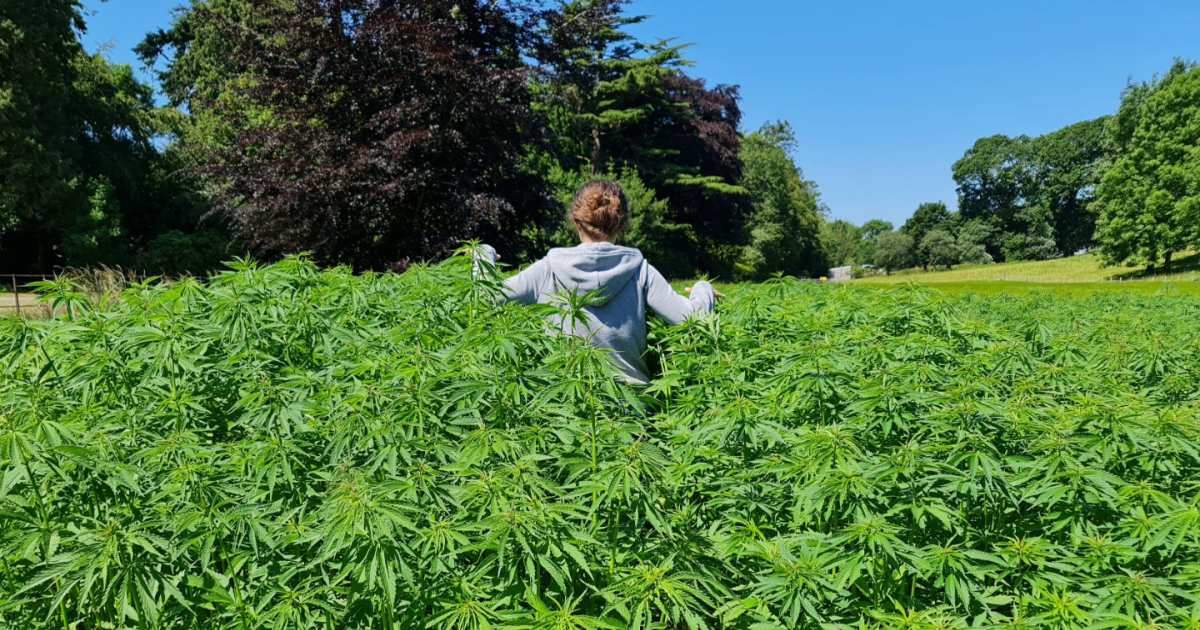In Wales, Aberystwyth University’s AberInnovation Campus is now home to a new hub seeking to unlock the potential of industrial hemp in the UK.
The number of hemp licences in the UK grew from just six in 2013 to 136 in 2023. But development of the UK’s industrial hemp sector has faced and continues to face many challenges: licensing restrictions, sub-optimal supply chains, and limited expertise.
Bringing together various stakeholders and academics, Aberystwyth University’s Industrial Hemp Innovations Hub will examine these challenges and delve into all applications for hemp; including textiles, construction, biofuels, food, bioplastics, animal products, and medical applications.
“The industrial hemp industry presents significant opportunities for green jobs, rural economic growth, and sustainable farming practices,” said Dr Ana Winters from the Institute of Biological, Environmental and Rural Sciences (IBERS) at Aberystwyth University. “Hemp’s rapid growth—up to four metres in just 100 days—and its low input requirements, including minimal need for fertilisers and pesticides, make it a sustainable alternative crop for UK farmers.”
The Hub will focus primarily on advocacy and policy engagement, research and development, economic viability, support for UK hemp processing, and exploration of financial markets.
In the UK, only the fibre and seed can be utilised under an industrial hemp licence. Growers wanting to produce cannabis for cannabinoid extraction need to acquire a medical cannabis licence.
In November last year, the UK Government announced reforms to then-current hemp licence regulations that it says will alleviate some of the red tape burden on farmers. These changes included licence holders no longer having to report which field would host crops. From next year, the maximum period for a licence will be extended from 3 to 6 years, and growers will be able defer a crop start date by up to one year.
In April this year, the UK government accepted an Advisory Council on the Misuse of Drugs’ (ACMD) recommendation to boost the permissible tetrahydrocannabinol (THC) level in industrial hemp from 0.2% to 0.3%. The 0.2% threshold puts UK farmers at a disadvantage to those in other regions, limiting varieties that can be planted and increasing the chances of a crop going “hot” and subsequently requiring destruction.
Aberystwyth University’s AberInnovation Campus is now home to a new hub seeking to unlock the potential of industrial hemp in the UK. Read More


